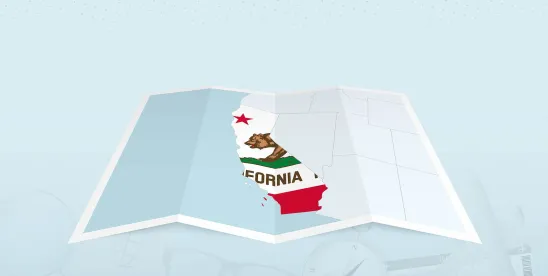While the Golden State has most everything you’d ever want to enjoy, employers doing business in California know that a Private Attorneys General Act (PAGA) lawsuit is not one of those things.
In November 2024, Californians will vote on the “Employee Civil Action Law and PAGA Repeal Initiative,” which would replace the current PAGA statute with the Fair Pay and Employer Accountability Act (FPEAA). Under the FPEAA, the focus is put back on the individual employee. Instead of filing an action in court on behalf of the state and representing all other “aggrieved employees” who worked for the same employer and engaging in lengthy litigation, an employee would file their complaint with the Labor and Workforce Development Agency (LWDA) and then the Labor Commissioner would step in to enforce the labor code and impose penalties on the employer. The goal is to allow the employee to receive more expeditiously any unpaid wages or penalties owed to them. This would not impact an employee’s right to choose to sue their employer in court.
California Employers Would Benefit
Many California employers face both the possibility and the reality of defending PAGA lawsuits, and sometimes even multiple “stacked” PAGA actions. Defending these actions requires significant resources (which could be better directed toward compliance), as PAGA litigation has become unruly and inefficient. Recent interpretations of PAGA allow for an employee’s representative PAGA action to proceed in court at the same time that their individual PAGA claims are decided in arbitration; permit employees to pursue actions for Labor Code violations they did not experience so long as they experienced just one; and overall, undermine the usefulness of arbitration agreements. See Adolph v. Uber Technologies, Inc., 14 Cal. 5th 1104 (2023). The FPEAA essentially wipes the slate clean in terms of this PAGA case law, which runs counter to established principles relating to standing and contract law.
In addition, as many California employers know, California labor laws and regulations are regularly changing. If the FPEAA becomes law, it would mandate the creation of a Consultation and Policy Publication Unit within the Division of Labor Standards and Enforcement. The Unit would consult with companies seeking to correct any potential compliance deficiencies, on a confidential basis and without penalty. In addition, employers would be able to ask the Unit to provide a compliance advice letter on how to properly comply with a law or regulation, and the Unit would be required to issue a response within three months. The Unit would be required to publish all advice letters so that other companies would be able to benefit from the guidance provided.
California Employees Would Benefit
The FPEAA would have the following implications for employees:
- It would provide a more efficient system for workers to resolve disputes with their employers because the worker wouldn’t need to hire an attorney or go to court, as the State would be responsible for efficiently ensuring full and fair pay to the worker was made.
- Workers would receive 100% of the penalties imposed on an employer for Labor Code violations the employee suffered, rather than the 25% workers currently receive under PAGA (the other 75% goes to the LWDA).
- Employers would have an extra incentive to ensure compliance, as those who are found to violate the Labor Code willfully would face double statutory and civil penalties for violations.
PAGA Penalties and Attorneys’ Fees
PAGA settlements and judgments disproportionately benefit employees’ attorneys and the LWDA, rather than the employees themselves. Given how expensive it is to go to trial in PAGA actions, the parties tend to settle prior to trial. In these instances, it is common for the employees’ attorneys’ legal fees to be around one-third of the total settlement amount. In some cases, an employee may receive approximately 5% or less of what their attorneys receive.
In addition to employees’ attorneys, the LWDA also benefits disproportionately from PAGA litigation. As detailed in a February 2024 blog post, between FY 2019-20, 2020-21, and 2021-22, the LWDA’s 75% share of the PAGA penalties earned the agency figures of over $109.8 million, $111.5 million, and $157 million, respectively. The LWDA has received these high sums in each of the last three years despite very little participation in the litigation the agency is benefitting from.
Conclusion
The FPEAA is designed to achieve the initial underlying purposes of PAGA, rather than what PAGA has morphed into. If the initiative passes, the FPEAA aims to make employees whole for violations they themselves actually experience, as well as encouraging companies to make strides towards compliance without instances of excessive legal spending to defend PAGA actions that take the focus off the individual employee.




 />i
/>i

